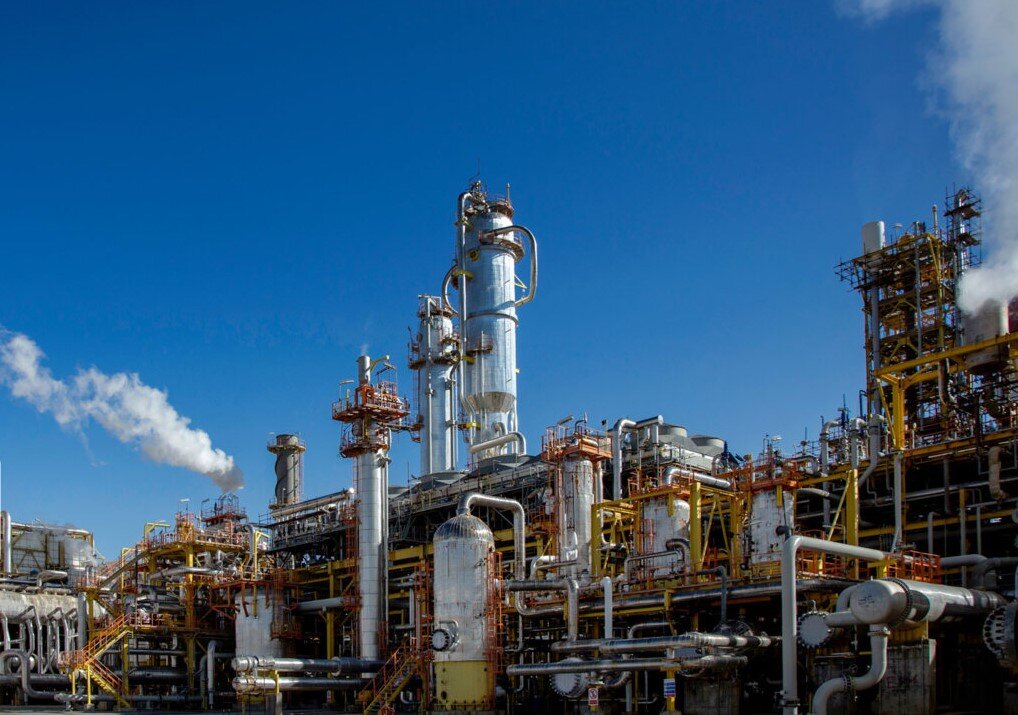Petrochemical industry needs $24b investment to meet targets

TEHRAN – Iran’s petrochemical sector will require an estimated $24 billion in investment to achieve its goals under the Seventh National Development Plan, which aims to raise nominal production capacity to 131.5 million tons by the plan’s end, a senior Oil Ministry official said.
Afshin Gholamalipour, special aide to the deputy oil minister for petrochemicals, said the industry’s nominal capacity reached 96.6 million tons in 2024, with 76 complexes producing a range of products from methanol to polymers and aromatics. Actual output stood at 66 million tons last year, with about $11 billion sold domestically and nearly $13 billion exported.
The industry relies mainly on feedstock and fuel from oil refineries, gas refineries, NGL units and gas fields, equivalent to 1.2 million barrels of crude oil per day.
Gholamalipour warned that despite extensive infrastructure, the sector faces feedstock shortages, investment challenges and the need for technology upgrades. In 2023, gas feedstock shortages amounted to around 42 percent of nominal capacity, due to falling gas field pressure, seasonal limits, competition with other energy users, and transmission constraints.
Under the plan, propylene chain capacity is to rise 344 percent to 4.6 million tons, downstream methanol capacity 391 percent to 11.6 million tons, and downstream ethylene (excluding polyethylene) 287 percent to 0.7 million tons. Polyethylene capacity is targeted to grow from 5.15 to 8.6 million tons, and aromatics from 2.28 to 3 million tons – shifting focus from raw material exports to value-added products.
A total of 66 petrochemical projects form the backbone of this expansion, covering downstream ethylene and propylene units, GTO and MTO plants, methanol and its derivatives, urea and ammonia, aromatics, and infrastructure and utility schemes. Financing options under consideration include long-term foreign loans, particularly from China, public share offerings, private equity funds, sukuk bonds, National Development Fund loans, banking consortia for mega-projects, and short-term foreign currency credit lines.
Gholamalipour said sustaining competitiveness hinges on technology, calling for domestic licensing through the Petrochemical Research and Technology Company, R&D partnerships with foreign firms, and easing equipment procurement bottlenecks. He also urged regulatory reforms, contractor capacity upgrades, and stronger oversight by the National Petrochemical Company to address environmental, legal and operational hurdles.
EF/
Leave a Comment